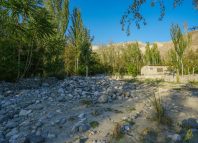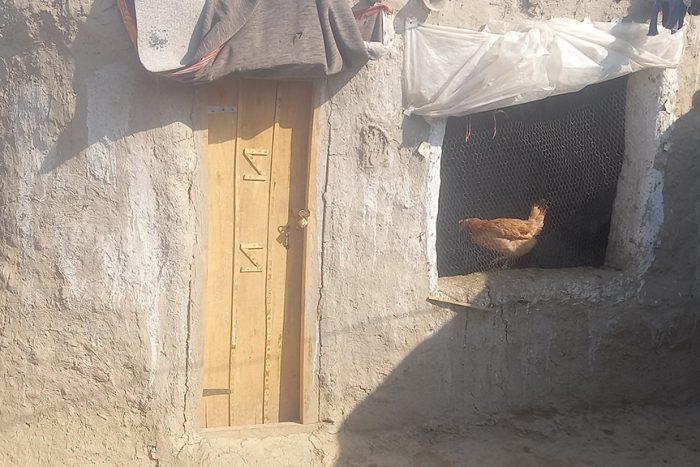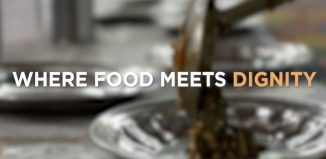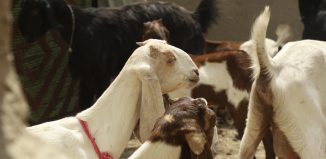Breaking the Cycle of Food Insecurity and Poverty
In Anarbagh village, located in the Ghani Khel district of Nangarhar province, lives 35-year-old Nabina. A spirited woman, facing social and economic hardship due to poverty and the trials of a husband drowning deep in drug addiction. Nabina’s story mirrors the struggles of many Afghan families in the wake of a crumbling economy and political transitions. However, a glimmer of hope emerged when Nabina became a project participant of the Hunger Crisis Project of Community World Service Asia (CWSA) and Diakonie Katastrophenhilfe (DKH). The intervention is addressing food security and at the same time aiming to empower women participants through the provision of poultry farming.
A mother to five children, four daughters and a son, two of whom attend a nearby school in the vicinity, Nabina has been the sole care-taker for the family for many months now. Her husband, Sarfraz, once a soldier earning AFN15,000 (Approx. USD 203) per month, built a modest house for his family on inherited land. The family’s life took a drastic turn with the changes in the regime, resulting in Sarfraz losing his job and sinking into depression and eventually drug addiction. This further worsened the family’s challenging situation.
Nabina vividly remembers the difficult period they endured during that time. She describes, “We found ourselves in a dire situation, devoid of any possessions at home. My husband’s addiction exacerbated our family’s plight, intensifying the financial strain due to the absence of income-generating activities. Our household expenses started to rely heavily on the support of neighbours and villagers as means of charity and zakat1. Consequently, we spent the majority of our time grappling with hunger. During the project selection process in our village, the government forcibly took my husband to a drug addiction treatment hospital. This was at the same time when I was due to give birth to my fourth daughter, Halima.”
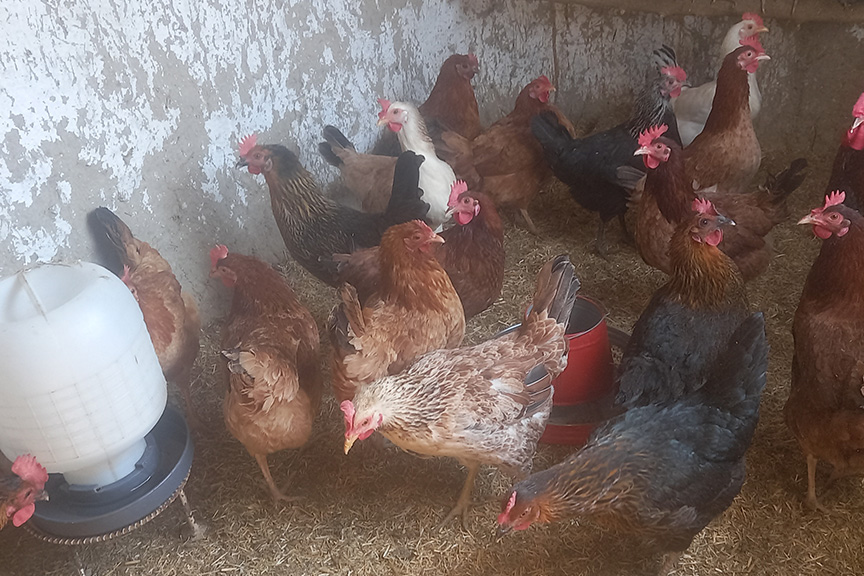
CWSA’s assessment team identified Nabina’s family as eligible for the project, marking the beginning of her journey out of hunger and famine, and a step towards economic empowerment. The project is supporting 580 crisis affected-families in two provinces of Afghanistan; Nangahar and Paktika.
In November 2023, Nabina and other participants underwent poultry management training, where they learnt coop construction, feeding, watering, and disease prevention. Eager to seize the opportunity, Nabina built a poultry coop, uncertain about the assistance she would receive. Her patience paid off when she received USD 84 as the first tranche of cash assistance. This was a pivotal moment for her, enabling her to purchase essential food items for herself and her children.
With the second tranche, Nabina received a poultry package comprising of 27 hens, 3 roosters, and 150kg of poultry feed. The joy of collecting the first 13 eggs from her coop in the next few days gave her a joy she never imagined she could feel. It marked a critical turning point in her life. Nabina now sells an average of 14 to 15 eggs daily, providing her a steady income to support her family. The eggs not only contribute to the family’s financial stability but has also become a source of healthy nutrition for her children.
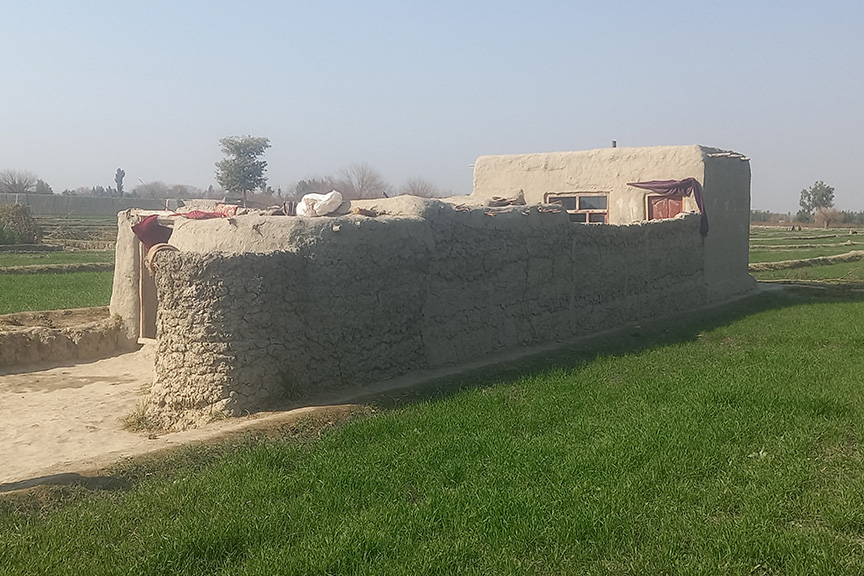
Despite Sarfraz’s discharge from the hospital, his emotional condition remains fragile, and with scarce job opportunities in the country, the family is not very hopeful of him securing a job any time soon. Nabina, however, is determined to break free from the shackles of economic instability. She envisions expanding her poultry business, generating more income, and eventually overcoming the challenges that have plagued her family in recent years. The success of Nabina’s poultry venture serves as a beacon of hope, illustrating how strategic humanitarian interventions can address key immediate needs like food security and health but also have a more sustainable impact such as empowering rural women and uplifting entire communities from poverty.
- Zakat is an Islamic financial term. As one of the pillars of the faith, it requires all Muslims to donate a portion of their wealth to charity. ↩︎




